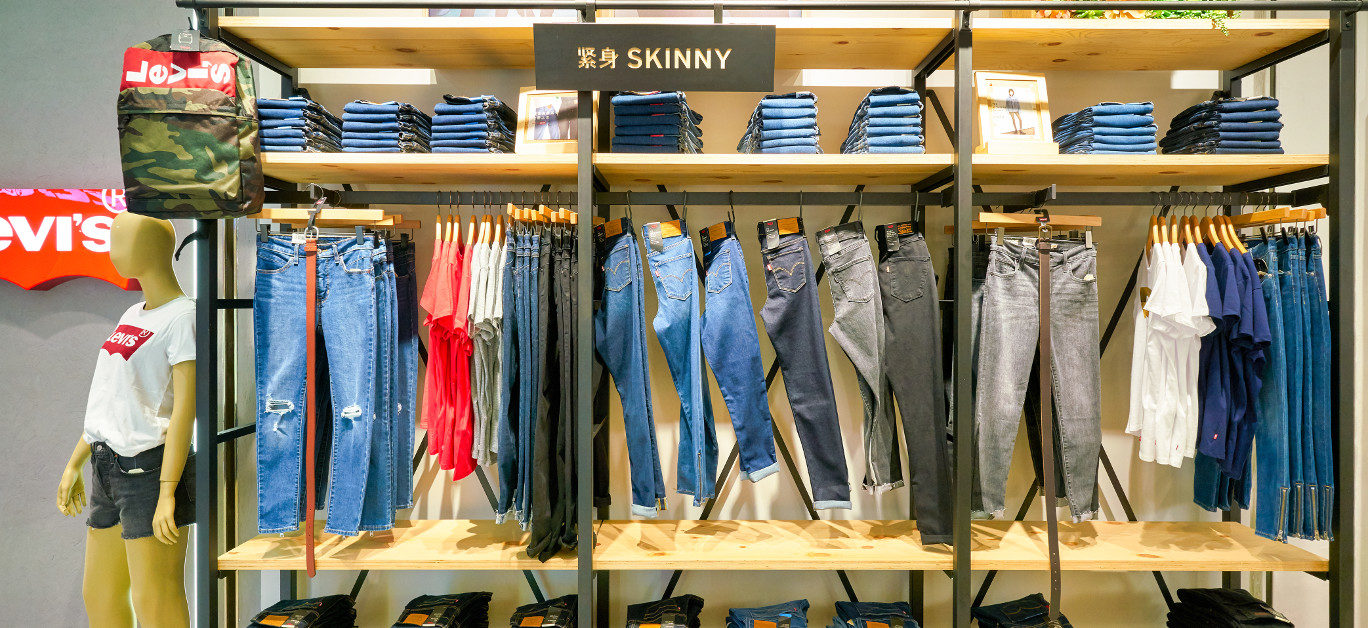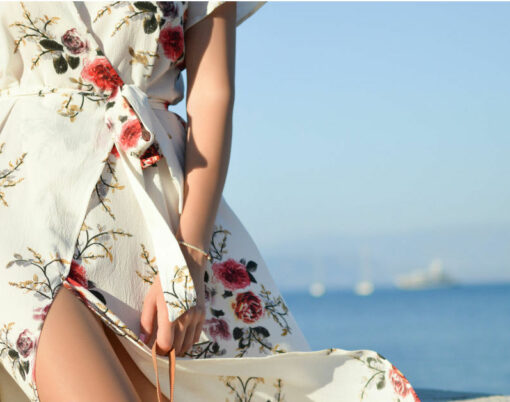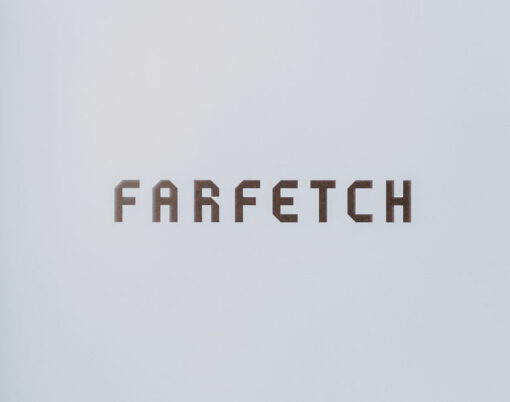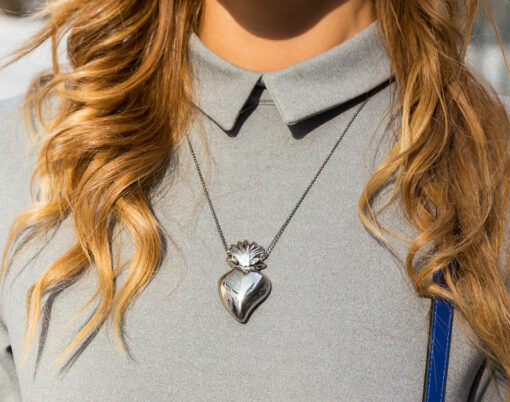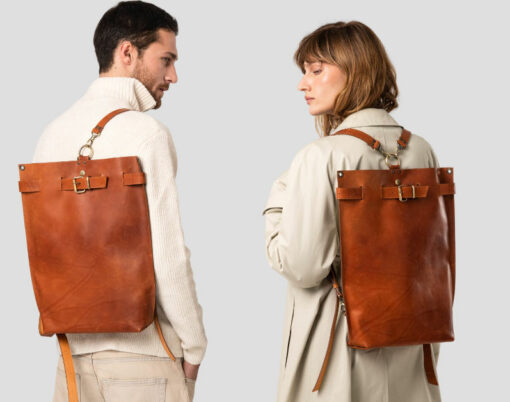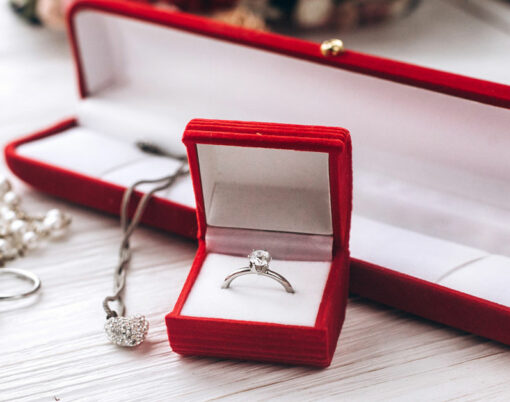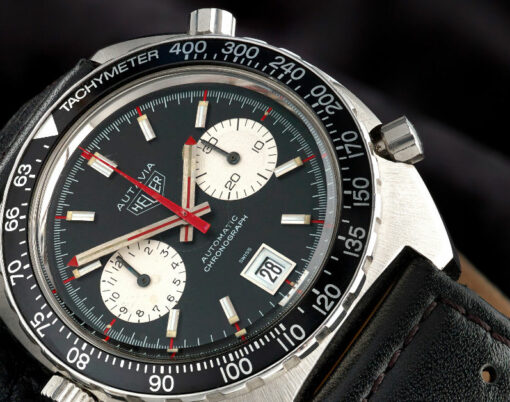Love to wear the latest designer clothing, but worried about the toll it might be taking on the planet? Steve Cochrane, managing director at designer clothing retailer Psyche, shares some pioneering high-end brands who are disrupting the fashion industry by making their products more sustainable.
For many people, the words ‘eco fashion’ used to conjure up images of musty hemp fabrics, charity shop cast-offs, and hippy style. But times are changing and, now that awareness of the catastrophic damage fast fashion is causing is increasing among consumers, clothing brands are starting to change their ways, too. Many major labels are now looking to phase out unsustainable production methods and reduce their impact on our planet, meaning that it’s now easier than ever to find high-end and stylish eco-friendly clothing and accessories.
If you’re looking to make your wardrobe a little greener, you certainly don’t need to compromise on style or luxury to do so. By simply choosing the labels you wear with care, you can ensure that your clothing doesn’t come with a hidden cost for the planet. In this article, I’ll share three incredible brands who have taken steps to make their products and policies more sustainable and ethical, without compromising on style and quality.
Levi Strauss
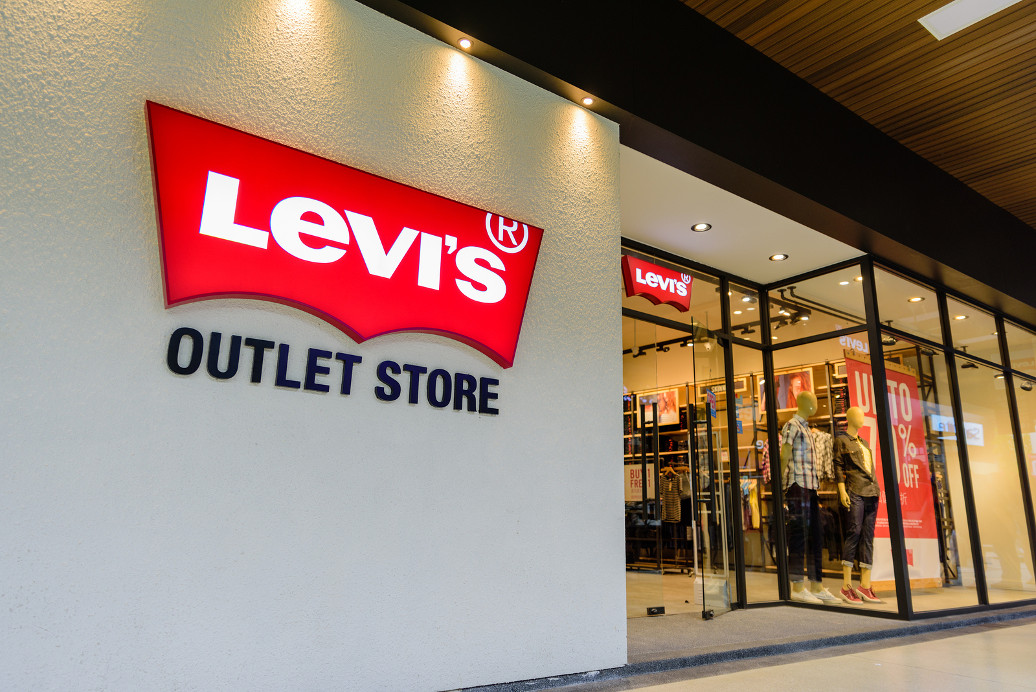
Denim production is one of the most environmentally harmful processes in the clothing and textile industry, and a staggering 2000 gallons of water are used to make just one pair of jeans (Curiosity). But iconic designer Levi Strauss is hoping to change all that with their WaterLess scheme, which uses clever production techniques to reduce the amount of water used in the denim finishing process by up to 96% (Levis).
It’s not just about water usage, either: the brand aims to make every stage of their supply chain eco-friendly. In 2010 they launched their Better Cotton Initiative, which trains farmers to use less water, pesticides, and other harmful chemicals when growing cotton plants, and their goal is for 100% of the cotton they use to be provided by this scheme by 2020. Levi’s also recently pledged to cut their carbon emissions by 40% by 2025, so their eco-credentials look set to get even stronger going forward.
Dr Martens
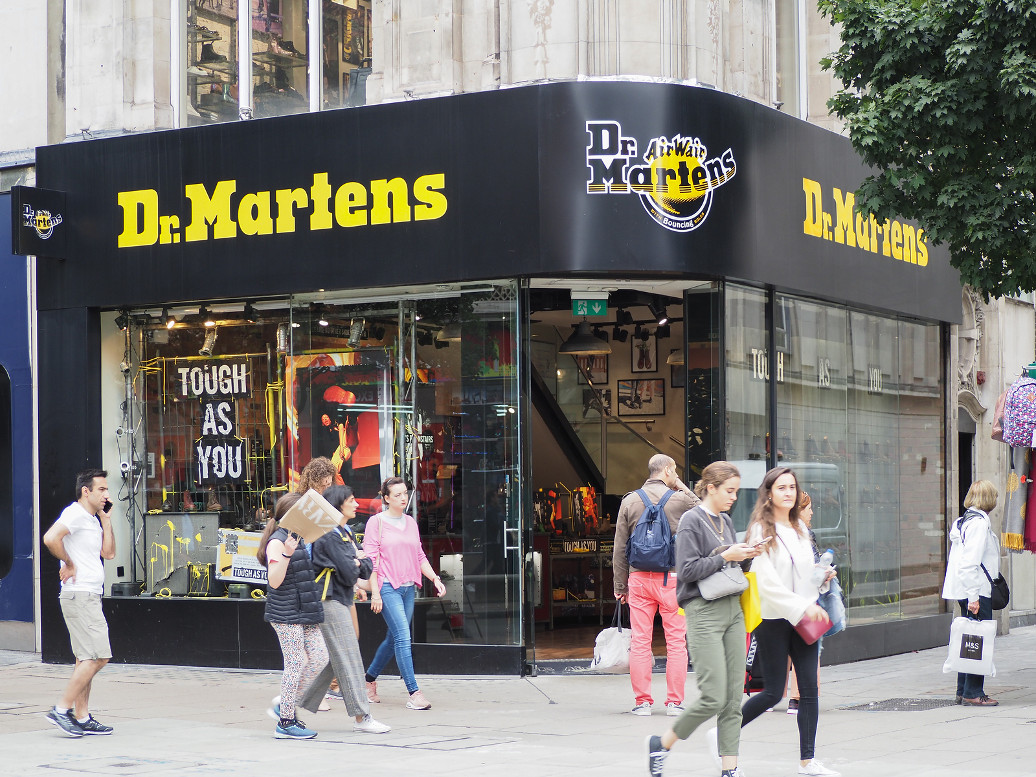
In the past few years, Dr Martens have made huge strides in their efforts to be more eco-friendly. Their shoeboxes are made using 100% recyclable and recycled materials, and are printed with soy inks, which are easier to recycle. They’ve also launched vegan versions of their iconic chunky boots, sandals, and satchels — and not only are these cruelty-free and more sustainable, but they look almost indistinguishable from their original leather designs, too.
Additionally, the brand is updating its labour policies to become more socially responsible. Dr Martens has a strict code of conduct for its production factories to ensure that all workers in their supply chain are treated fairly and with dignity, and they take care to ensure that their rules are followed.
Nudie Jeans
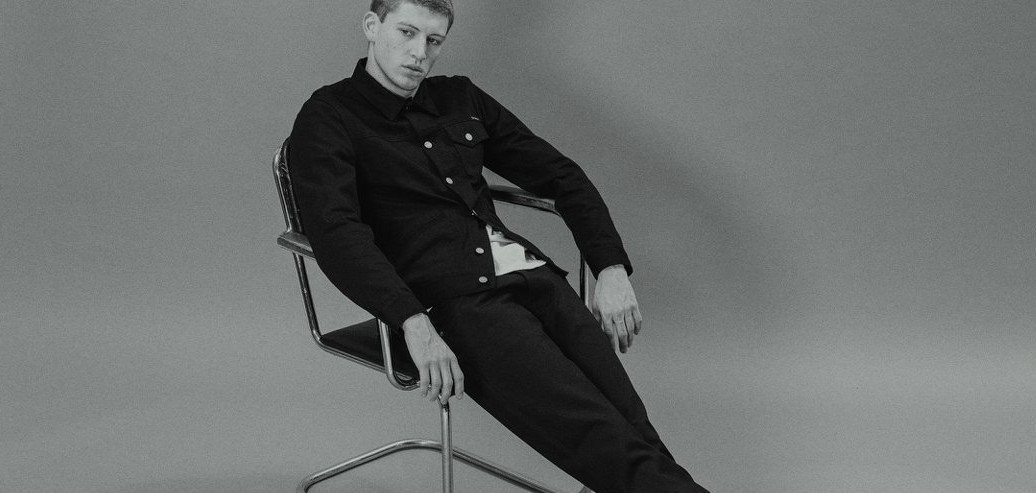
As I’ve mentioned, denim production takes a huge toll on the environment. But Swedish brand Nudie Jeans is disrupting the industry by designing and producing jeans that are completely sustainable. They only ever use organic, recycled, or certified sustainable materials in their clothing, and even the label on the waistband — which is usually made from leather — is made from recycled paper. They also offer a ‘free repairs for life’ policy to help ensure that their clothes don’t end up in landfill.
In addition to being eco-friendly, the brand takes pains to be as socially responsible as possible, with over 60% of their products being made in Europe, where wages and working conditions tend to be better. They’ve also recently rolled out a living wage scheme at a number of their factories across India, and hope to gradually extend this to all workers in their supply chain over the coming years.
Now that more high-end designers are taking steps to make their clothing lines sustainable, you don’t need to sacrifice looking great to get a more ethical wardrobe. By choosing brands with eco-friendly policies, like the ones I’ve mentioned here, you can make sure your designer threads don’t come with a hidden cost.
Image credit at the very top of the article: Sorbis/Bigstock.com












